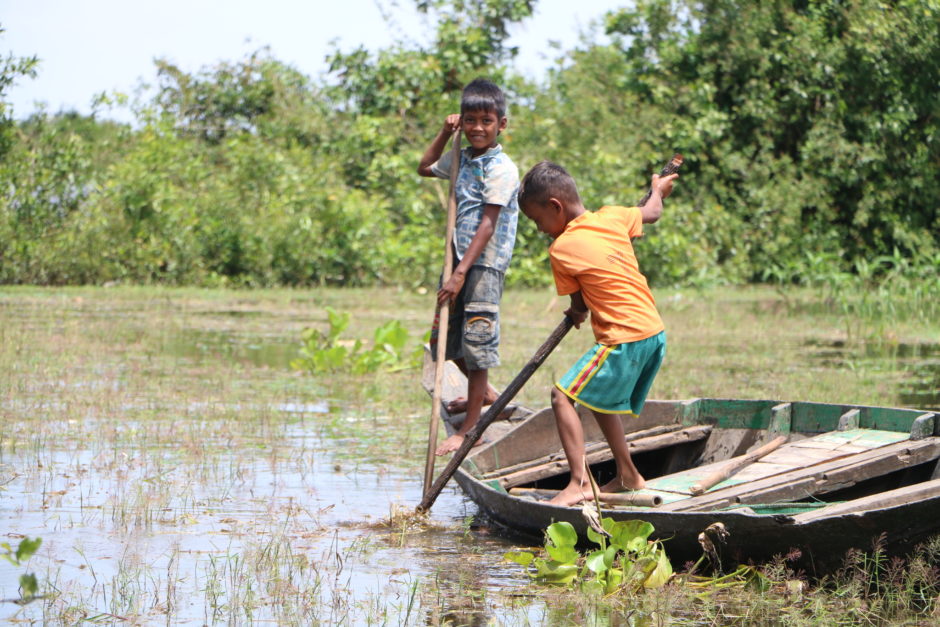Forests and wetlands provide local and indigenous communities with their ecosystem services such as provision of sustenance and raw materials, regulation of natural processes such as flooding, and cultural values. The areas are fundamental for some spiritual beliefs. Most local communities who depend on natural resources for their daily livelihoods are subsistence farmers. Their limited knowledge on sustainable use of natural resources, and poverty, are forcing them to become involved with activities such as illegal logging, hunting, and fishing. The majority of the communities do not possess hard land title and are therefore at risk of eviction from their lands. The insecurity inherent to such an arrangement further exacerbates unsustainable exploitation resulting in encroachment onto protected lands and forest loss, at the expense of long-term ecosystem management and conservation.
Although people live close to and depend on natural resources in such areas, knowledge and understanding of biodiversity issues can be limited. Extension services and facilities devoted to environment awareness are also lacking. Increased public understanding of the importance of biodiversity and addressing the local communities’ needs, such as livelihood improvements, are essential elements in guaranteeing the effectiveness of measures to achieve conservation goals.
Water scarcity and decimation of natural resources by climate change could directly affect the livelihood of vulnerable local communities, since most of them depend on natural resources. Reducing climate change causes, mitigating its effects, and helping local communities to adapt to new circumstances is essential. Restoration of degraded ecosystems to help local communities to develop resilience to climate change is required to ensure the function of ecosystem services for fundamental necessities such as foods, water, and fuel.
Enhancing the Cambodian engagement in biodiversity conservation through awareness raising and livelihood improvement.
- To initiate and strengthen the linkage between biodiversity conservation and people’s well-being
- To educate and raise awareness among local communities, schools, and general public on the importance of birds, biodiversity and environmentally sustainable practices
- Research and implement projects that benefit both biodiversity conservation and local livelihood improvement.
- Promote co-management initiatives in the IBAs and protected areas.
- Promote and encourage local communities to adapt and build resilience against climate change.
- Conducting various awareness activities for local communities, schools, and general public on the importance of birds, biodiversity and environmentally sustainable practices


